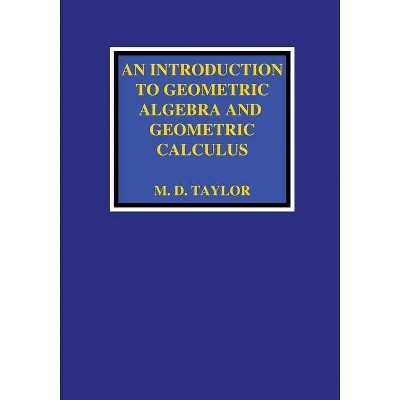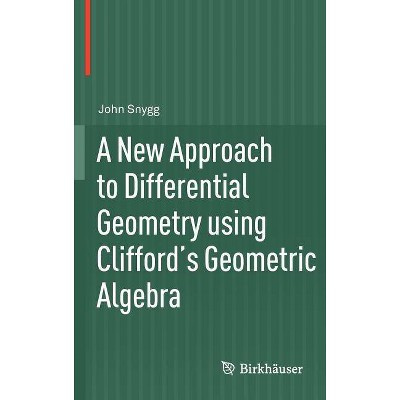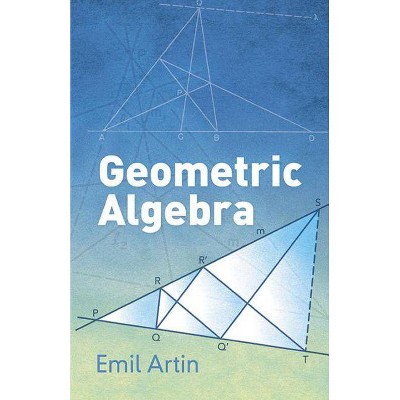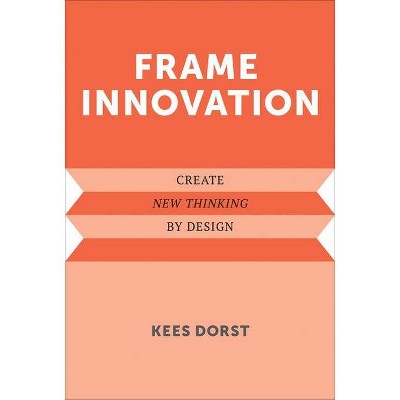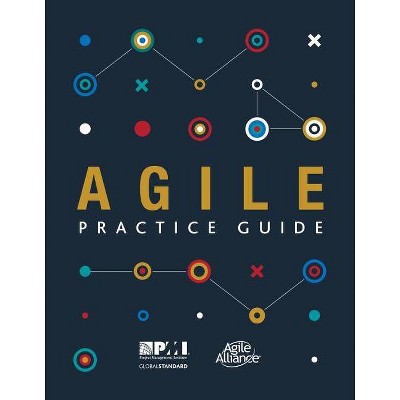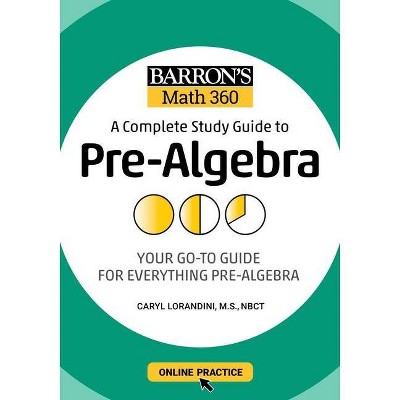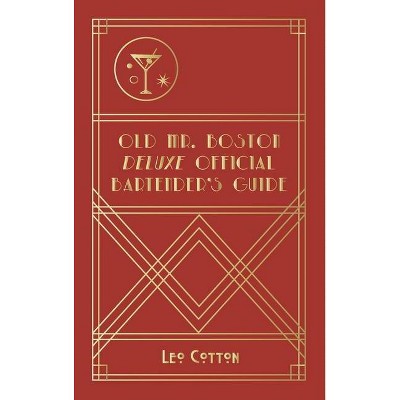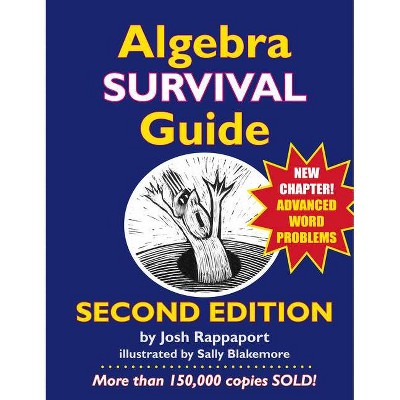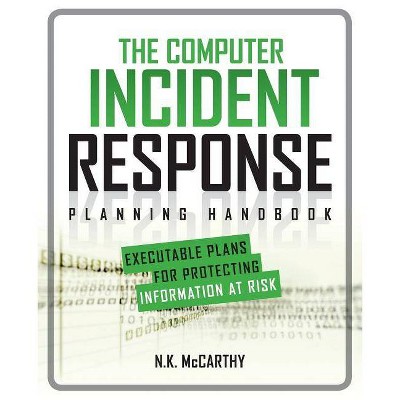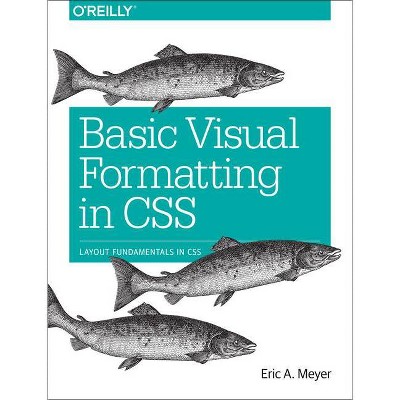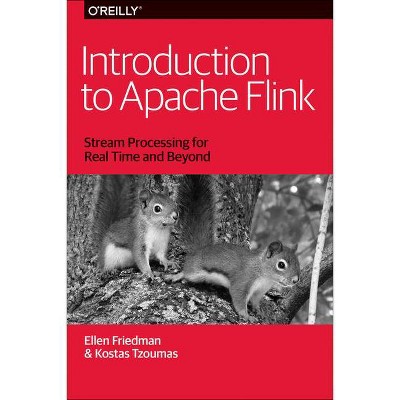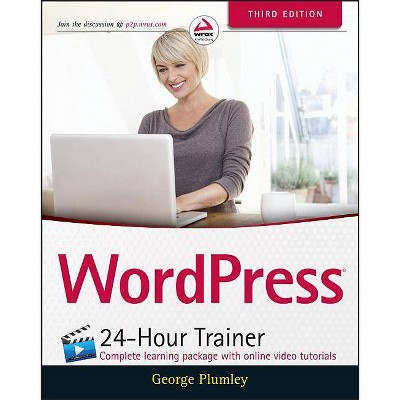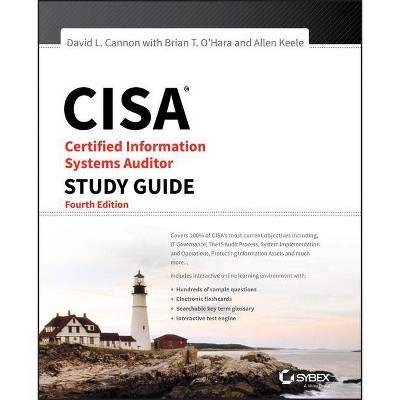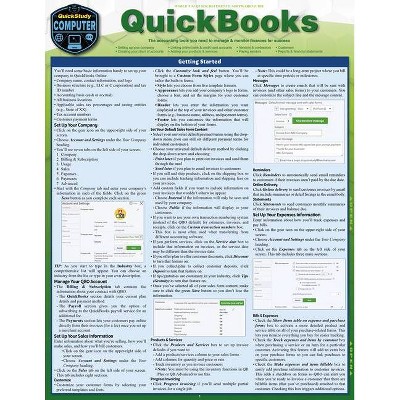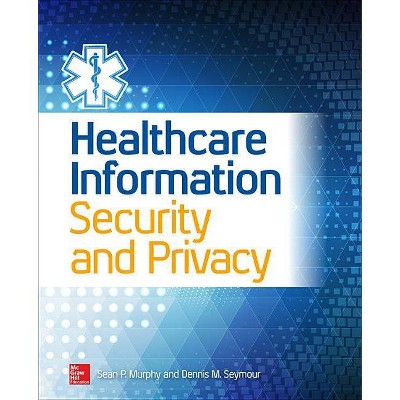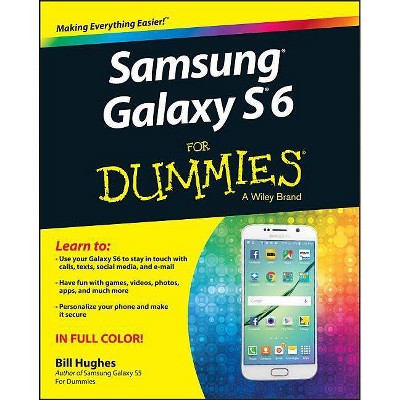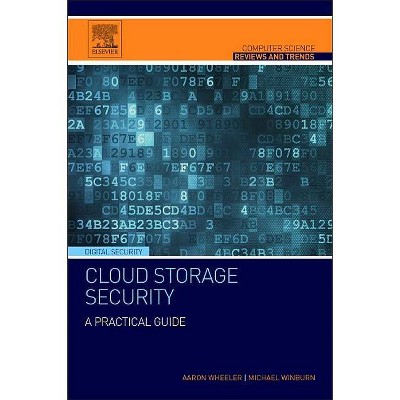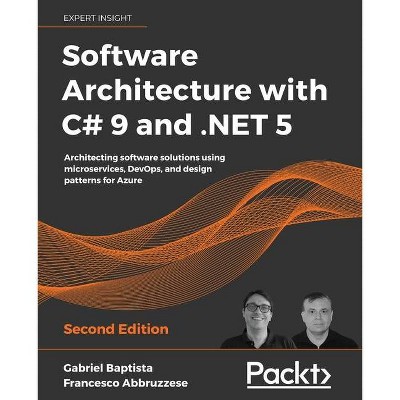Guide to Geometric Algebra in Practice - by Leo Dorst & Joan Lasenby (Hardcover)
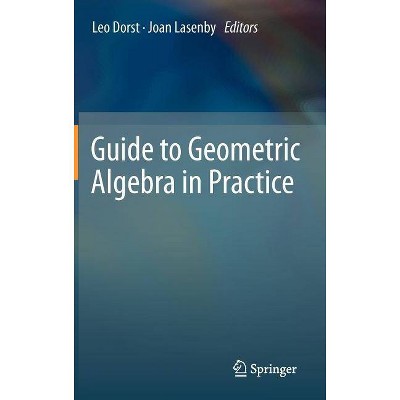
Similar Products
Products of same category from the store
AllProduct info
<p/><br></br><p><b> About the Book </b></p></br></br><p>GA, or Clifford Algebra, is a powerful unifying framework for geometric computations. This volume is a practical guide that reviews algebraic techniques for geometrical problems in computer science and engineering, and the relationships between them.</p><p/><br></br><p><b> Book Synopsis </b></p></br></br>This highly practical <i>Guide to Geometric Algebra in Practice</i> reviews algebraic techniques for geometrical problems in computer science and engineering, and the relationships between them. The topics covered range from powerful new theoretical developments, to successful applications, and the development of new software and hardware tools. Topics and features: provides hands-on review exercises throughout the book, together with helpful chapter summaries; presents a concise introductory tutorial to conformal geometric algebra (CGA) in the appendices; examines the application of CGA for the description of rigid body motion, interpolation and tracking, and image processing; reviews the employment of GA in theorem proving and combinatorics; discusses the geometric algebra of lines, lower-dimensional algebras, and other alternatives to 5-dimensional CGA; proposes applications of coordinate-free methods of GA for differential geometry.<p/><br></br><p><b> From the Back Cover </b></p></br></br><p>Geometric algebra (GA), also known as Clifford algebra, is a powerful unifying framework for geometric computations that extends the classical techniques of linear algebra and vector calculus in a structural manner. Its benefits include cleaner computer-program solutions for known geometric computation tasks, and the ability to address increasingly more involved applications.</p><p>This highly practical <i>Guide to Geometric Algebra in Practice</i> reviews algebraic techniques for geometrical problems in computer science and engineering, and the relationships between them. The topics covered range from powerful new theoretical developments, to successful applications, and the development of new software tools. Contributions are included from an international community of experts spanning a broad range of disciplines.</p><p><b>Topics and features: </b></p><ul><li>Provides hands-on review exercises throughout the book, together with helpful chapter summaries</li><li>Presents a concise introductory tutorial to conformal geometric algebra (CGA)</li><li>Examines the application of CGA for the description of rigid body motion, interpolation and tracking, and image processing</li><li>Reviews the employment of GA in theorem proving and combinatorics</li><li>Discusses the geometric algebra of lines, lower-dimensional algebras, and other alternatives to 5-dimensional CGA</li><li>Proposes applications of coordinate-free methods of GA for differential geometry</li></ul><p>This comprehensive guide/reference is essential reading for researchers and professionals from a broad range of disciplines, including computer graphics and game design, robotics, computer vision, and signal processing. In addition, its instructional content and approach makes it suitable for course use and students who need to learn the value of GA techniques.</p><p><b>Dr. Leo Dorst</b> is Universitair Docent (tenured assistant professor) in the Faculty of Sciences, University of Amsterdam, The Netherlands. <b>Dr. Joan Lasenby</b> is University Senior Lecturer in the Engineering Department of Cambridge University, U.K.</p>
Price History
Price Archive shows prices from various stores, lets you see history and find the cheapest. There is no actual sale on the website. For all support, inquiry and suggestion messagescommunication@pricearchive.us
